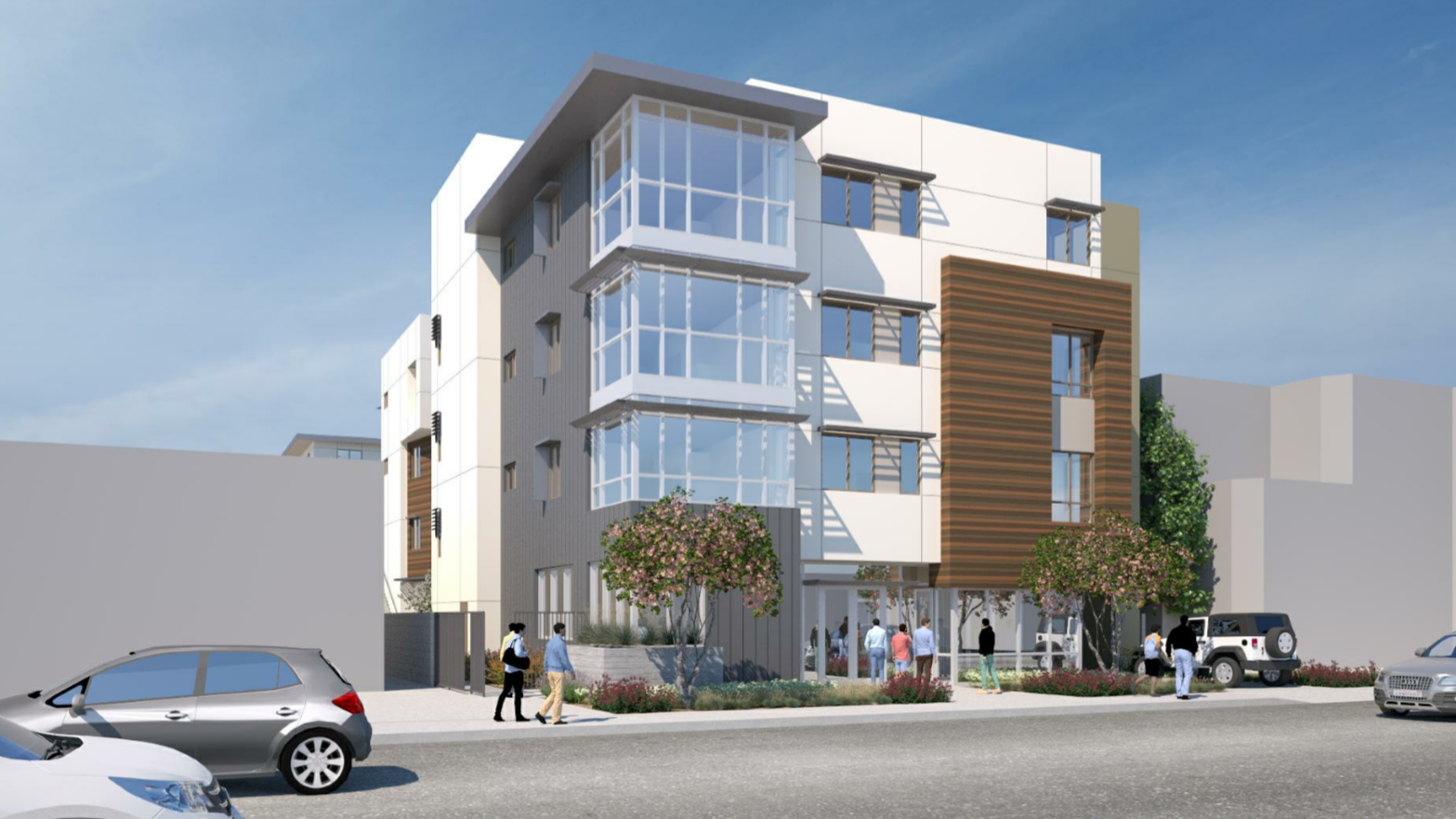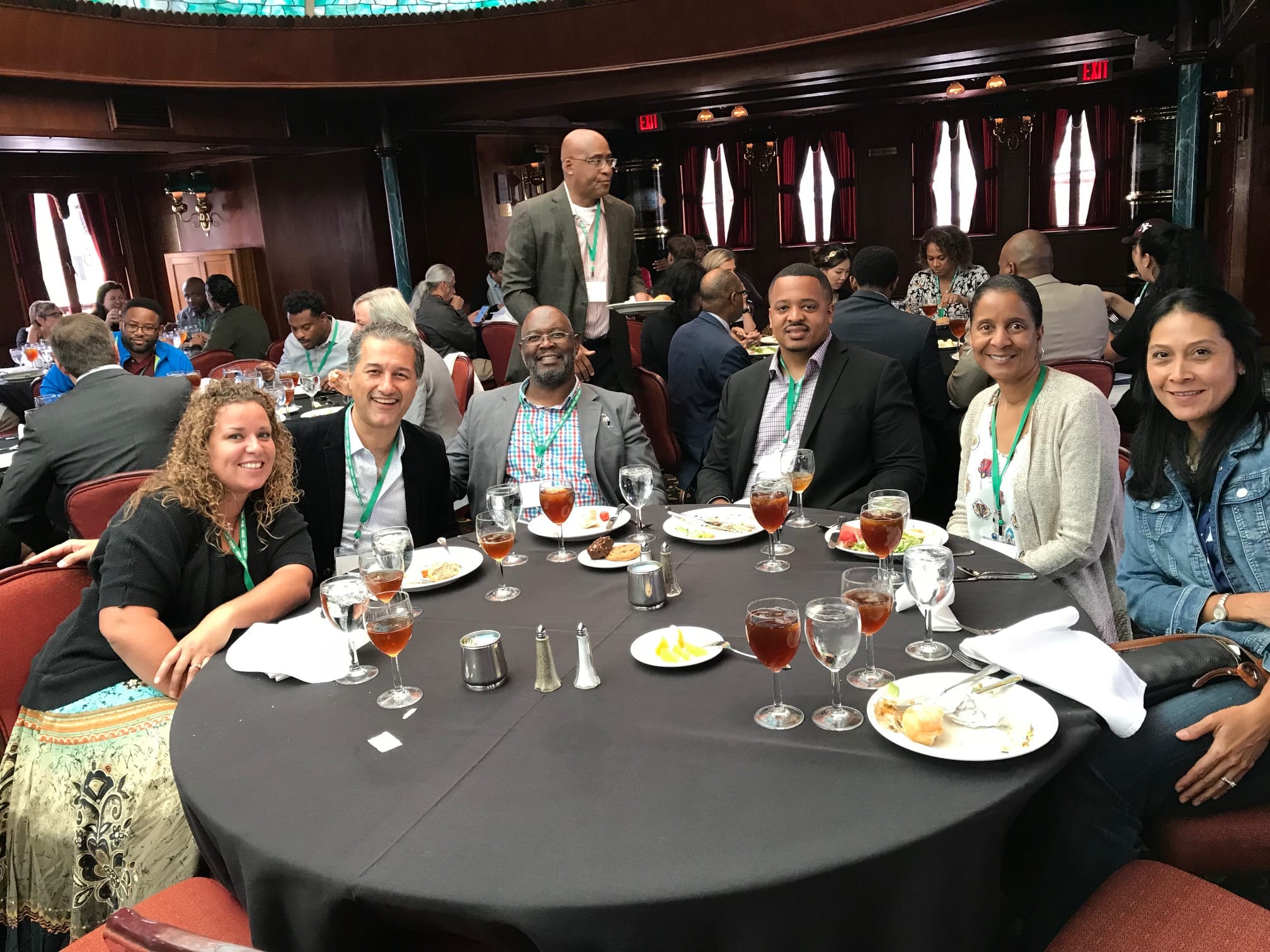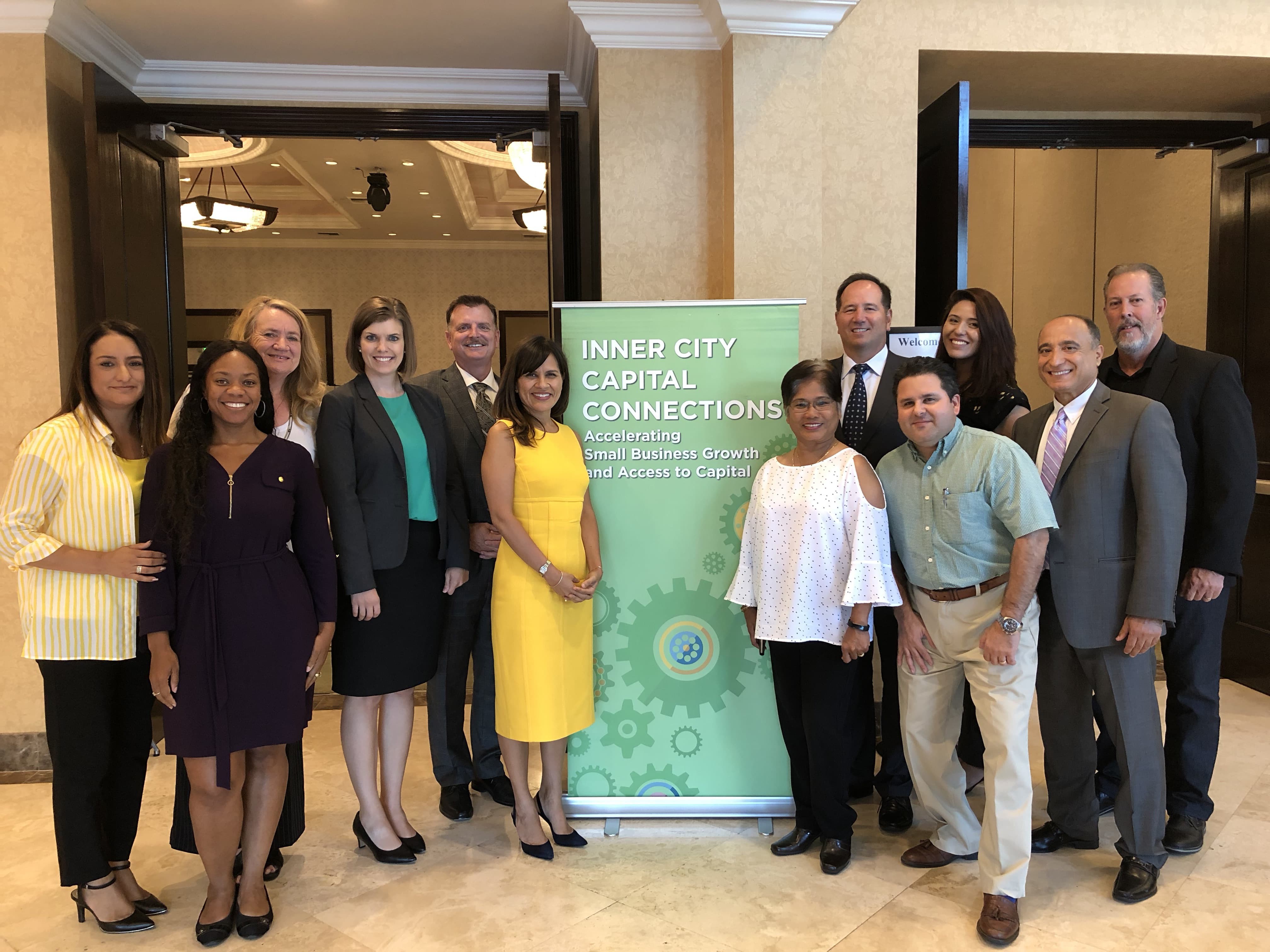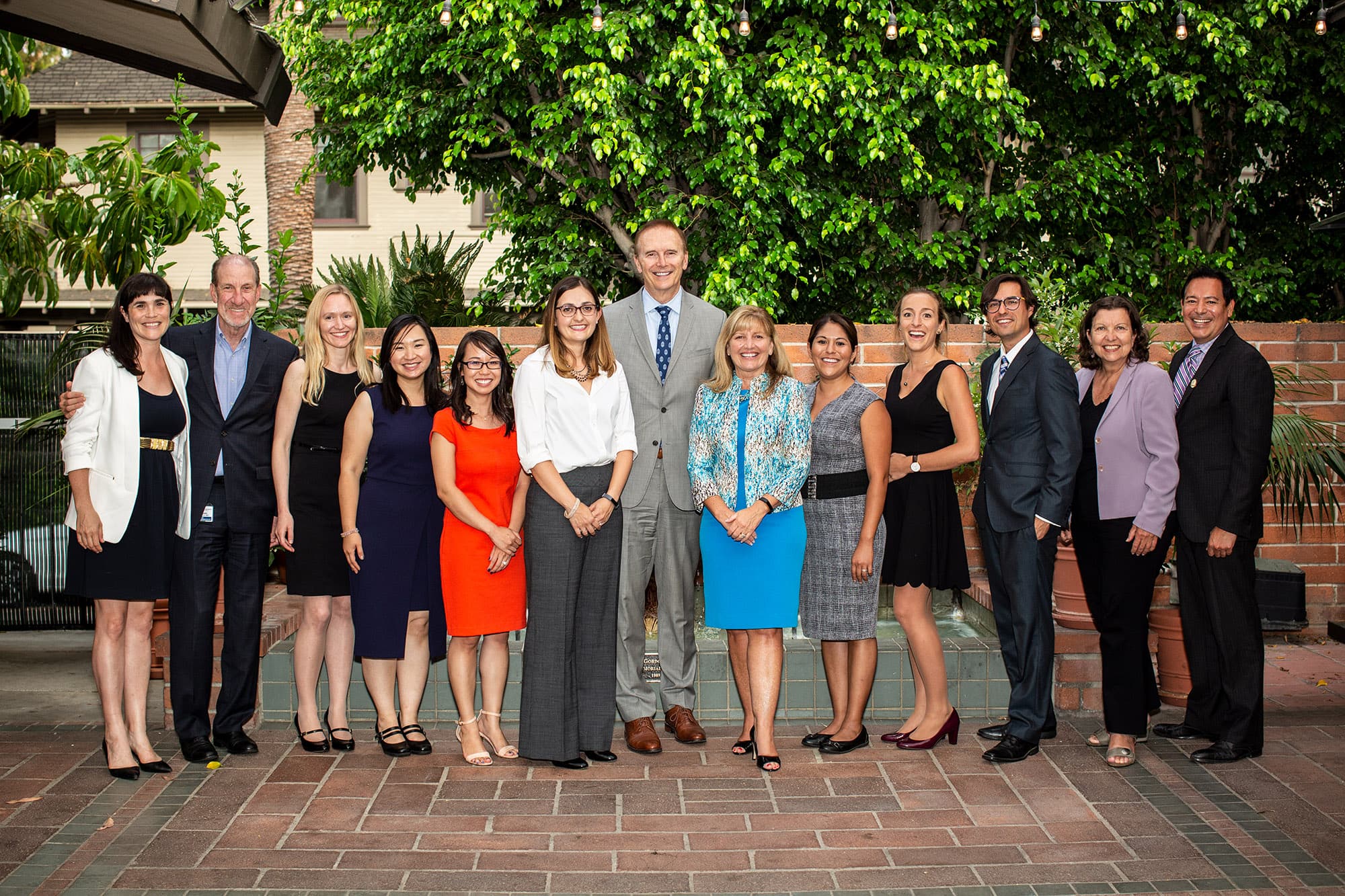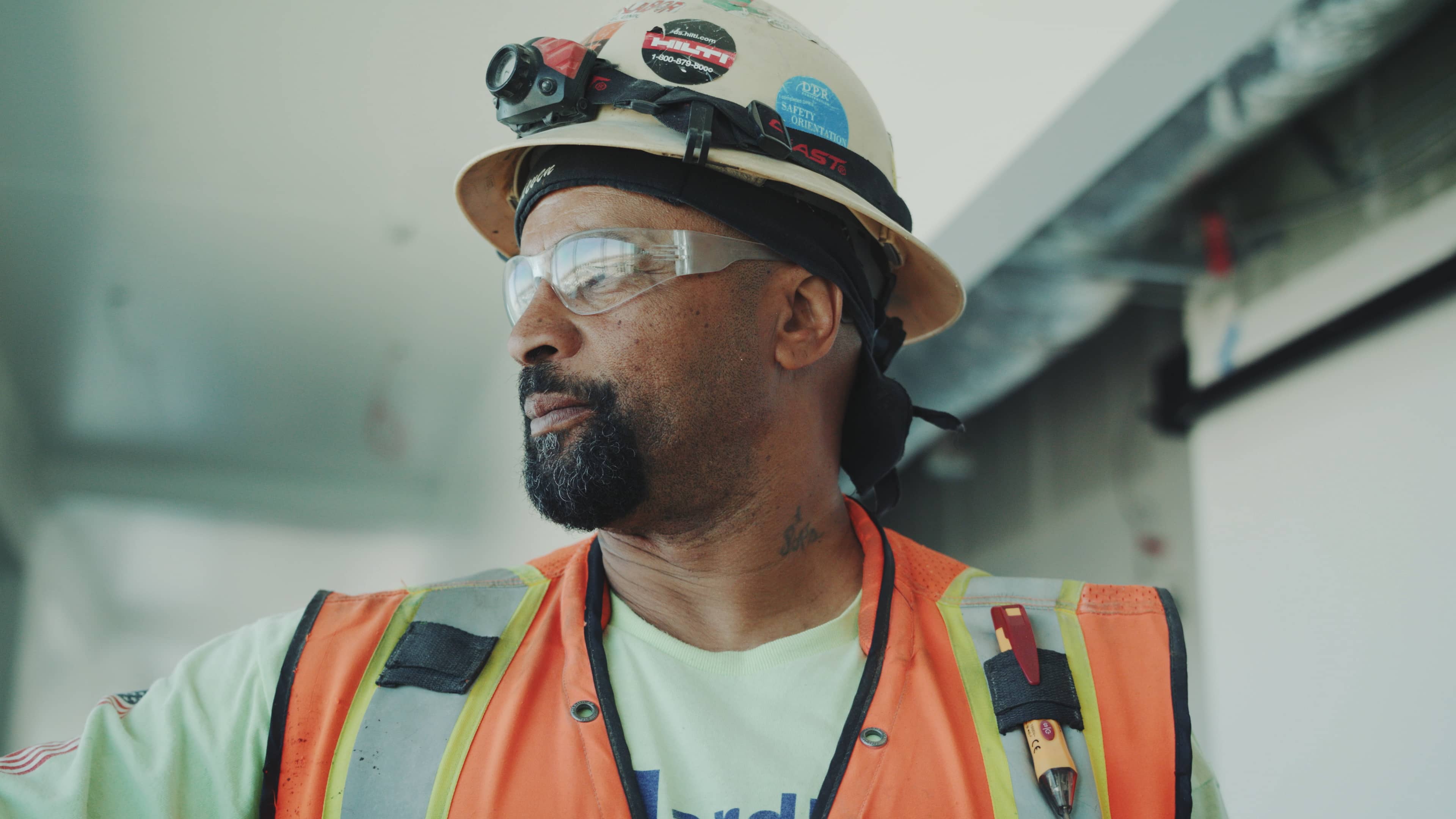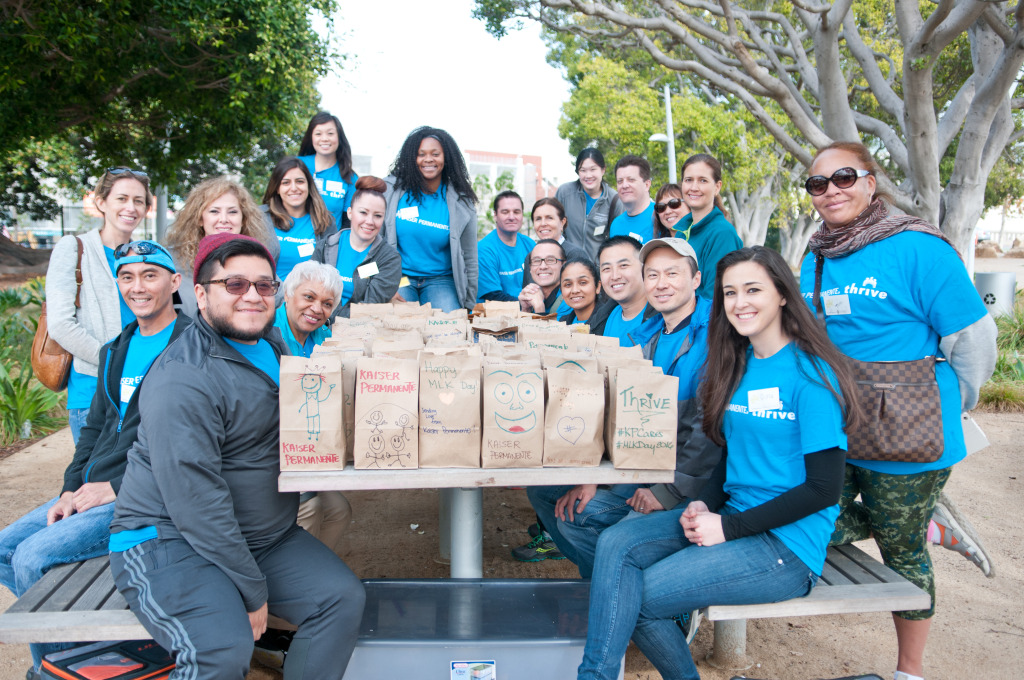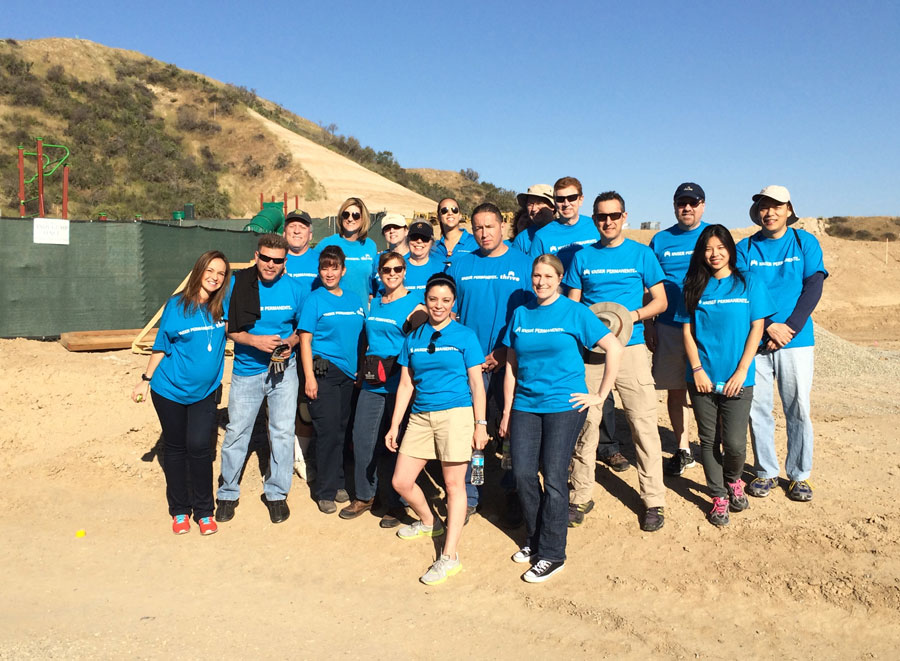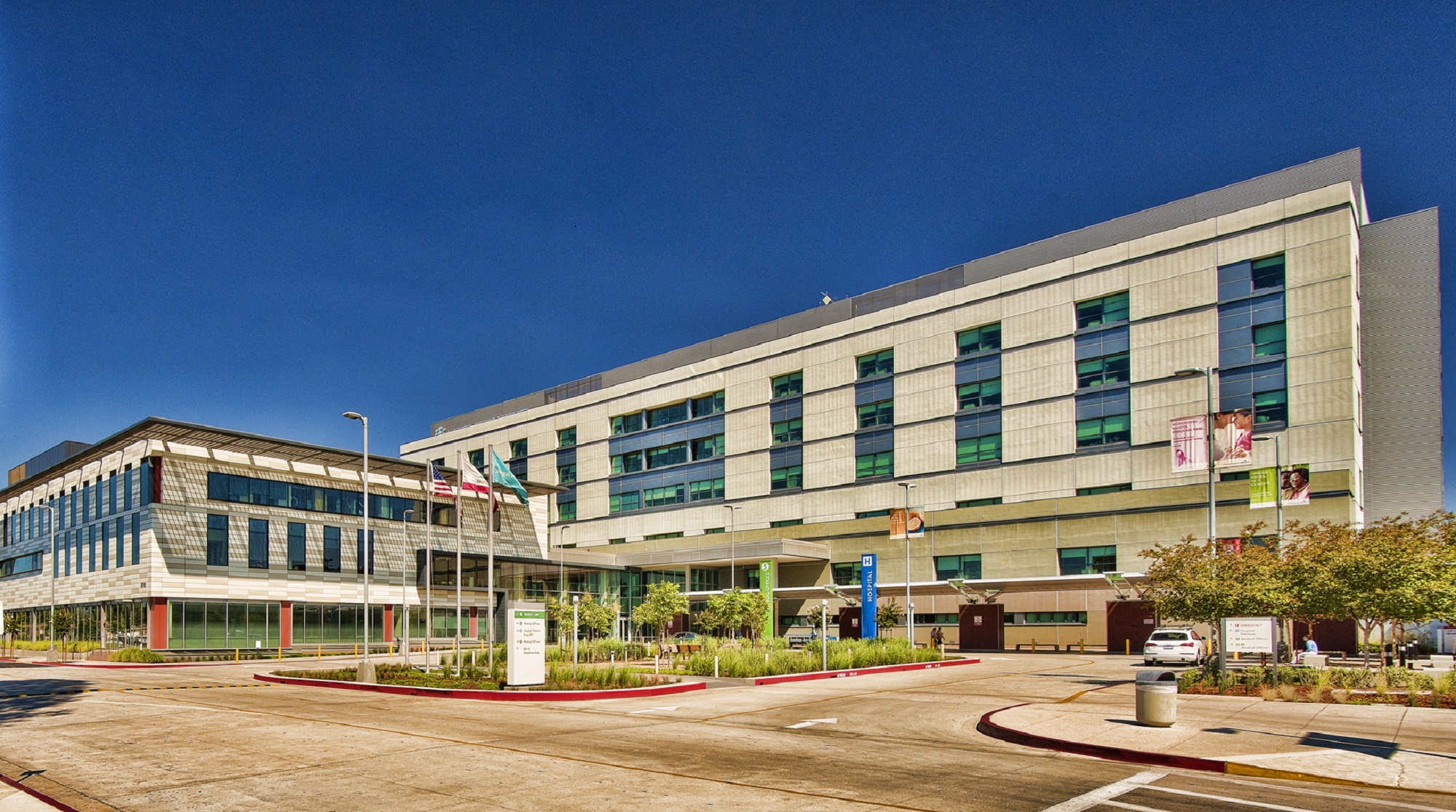
Panorama City & Antelope Valley Medical Center
Community Health is central to our mission because healthy communities are where people thrive. Like our approach to medicine, our work in the community takes a prevention-focused, evidence-based approach. In pursuit of our mission we go beyond traditional corporate philanthropy and grant-making to leverage our internal resources with our physician expertise, clinical practices, health education expertise, and technical assistance. Our commitment to community includes a robust engagement process that lifts the voice of community members and highlights priority health needs in our 2022 Community Health Needs Assessments (CHNA). Through this process, Southern California Kaiser Foundation Hospitals identified urgent social and economic factors that negatively impact community health.
Based on the CHNA findings, the 2022 Implementation Strategy (IS) Plans of Southern California Kaiser Foundation Hospitals apply a health equity lens to outline our commitment to invest, partner, and drive change to improve the health of individuals in communities we serve. While each Kaiser Foundation Hospital IS plan is unique to its service area, the high-level focus areas and strategic priorities we aim to address across Southern California in partnership with community organizations are listed below:
Access to Care: Access to comprehensive, quality health care services is critical for ensuring quality of life. Example measures of access include health care coverage and uninsurance, access to oral health and specialty care, and birth outcomes.
Income and Employment: Economic opportunity provides individuals with jobs, income, a sense of purpose, and opportunities to improve their economic circumstances over time. Example measures include poverty and unemployment rates, and income inequality.
Mental and Behavioral Health: Mental & behavioral health affects all areas of life, including a person’s physical well-being, ability to work and perform well in school, and to participate fully in family and community activities. Example measures include access to mental health care, poor mental health and stress, and suicide and deaths of despair (Note: there is a separate need category for substance use).
Housing: Safe and secure housing is essential for the health of individuals and families. Example measures include home ownership and homelessness, housing affordability, quality, and cost burden.
Education: Higher levels of education are associated with more healthy behaviors, improved quality of life, and higher life expectancy. Example measures include preschool enrollment, on-time high school graduation, and adult educational attainment.
Family and Social Support: People are healthier when they have strong family & social support –– supportive relationships with family, friends, and neighbors, as well as opportunities to participate with others in community life. Example measures include single parent households, older people living alone, and limited English language proficiency.
Across these areas, we work to inspire and support people to be healthier in all aspects of their lives, and build stronger, healthier communities. In addition to dedicating resources through Community Benefit, we also leverage substantial additional assets that improve community health, including our healthcare workforce volunteerism.
At Kaiser Permanente, we believe in using the full range of our organization’s assets to improve the health of the communities we serve. We regularly gather data and seek input from our community partners and members to inform our investments and to guide the development of strategies that can make long-term, sustainable change and improve health. We are pleased to share our 2022 Community Benefit Year-End report for the Kaiser Foundation Hospital in Panorama City that summarizes our efforts and highlight specific strategies and resources we deployed to respond to the prioritized health needs in the community.
Note: While Kaiser Permanente is committed to addressing these needs, local medical centers will strategically and carefully invite community partners to apply for funding in order to address needs that align with the local Implementation Strategy Plans, which may have some variations of the strategic priorities listed above. Please scroll down to view the areas that are currently being funded in this medical center.
Recent Related News
- May 22, 2018 – Kaiser Permanente Announces $200 Million Impact Investment, Partners with U.S. Mayors and CEOs
- May 14, 2018 – Leadership Winner Recognizes Health Depends on Economic Opportunities
- May 14, 2018 – Kaiser Permanente Joins de Beaumont Foundation as National Partner in CityHealth Initiative
Panorama City & Antelope Valley Medical Center Grants Program
The Kaiser Permanente Panorama City Medical Center 2023 Community Benefit Grants are awarded through a “By Invitation Only” grant process.
Kaiser Permanente Panorama City & Antelope Valley Medical Centers provides grants to local nonprofit health and human service organizations that address the priority health needs for its community service area. The current funding priorities, funding timeline, and guidelines on how to apply are provided below.
If you would like to apply for Grant or Sponsorship Funding for a broader service area in Southern California or Nationally, visit this site for more information and to apply.
If you would like to apply for a local event sponsorship, such as: special fund raising events (luncheons, recognition dinners); conferences; symposia; public policy briefings; and health education forums; visit this site for more information and to apply.
Current Grant Funding Priorities
Kaiser Permanente Panorama City & Antelope Valley Medical Center is currently focused on supporting the following health needs and related strategic priorities. Reviewing this area will help to ensure that your proposed grant project is aligned with these priorities.
- Provide access to comprehensive health care and to coverage for low-income individuals and families who do not have access to public or private health coverage
- Provide core support to safety net organizations, allowing these organizations to implement initiatives appropriate for the needs of their population (e.g., expansion of specialty care, providing more virtual care for nonsurgical specialties)
- Support improved access and quality of medical care for persons experiencing homelessness
- Support organizations that provide culturally and linguistically relevant training and technical assistance to small businesses and entrepreneurs of color
- Improve individual financial health by supporting housing, workforce development, or other organizations that embed or enhance financial coaching services
- Enhance career pathways by partnering with workforce development organizations to develop and implement job training and placement programs, including pre-apprenticeship programs
- Support Black, Indigenous, People of Color (BIPOC)-led organizations that advance best practices for preventing and/or mitigating the impacts of ACEs, toxic stress, and trauma for communities disproportionately experiencing inequities.
- Provide core support to safety net organizations, allowing these organizations to implement initiatives appropriate for the needs of their population (e.g., expansion of specialty care, providing more virtual care for nonsurgical specialties)
- Support efforts that improve and build the current and emerging mental health workforce to meet community needs
- Support equitable access to mental health services by supporting cultural and linguistic competency
- Support improved access and connection to mental healthcare in clinical and community settings
- Provide resources for preserving or enhancing the supply of affordable housing
- Support evidence-based housing stabilization assistance
- Support expansion of housing-related legal support for at-risk tenants
- Support improved coordination among Continuum of Care programs, social service organizations, and housing providers
- Extend school and district adoption and integration of Kaiser Permanente Thriving Schools initiatives, tools, and resources
- Support programs that improve high school attendance, achievement, and/or graduation for students of color in low-income areas
- Support organizations advancing policies or research in focus areas: physical, mental, and social health; equity and access
- Support organizations that increase enrollment in programs that extend food dollars such as in the Supplemental Nutrition Assistance Program (SNAP), Special Supplemental Nutrition Program for Women, Infants and Children (WIC), and federal school meal programs.
- Support organizations that distribute food such as medical tailored meals, prepared food, produce, or other food and meals to school children, families, and those in underserved communities.
Applicant Eligibility
To be eligible for a Kaiser Permanente Panorama City & Antelope Valley Medical Center Community Health grant, an applicant organization (or fiscal agent), must have operations in California and be one of the following types of nonprofit organizations:
- 501 (c)(3) tax-exempt organization with a 509 (a) designation indicating that the organization is not a private foundation
- A local, state or federal government agency, including any of its subdivisions that perform substantial government functions.
In addition, organizations must:
- Provide direct services and/or programs for disadvantaged and/or underserved populations that address the funding priorities identified above.
- Provide services and/or programs within the geographic boundaries of Kaiser Permanente Panorama City & Antelope Valley Service Area, which includes the communities of: Acton, Agua Dulce, Arleta, California City, Canyon Country, Castaic, Elizabeth Lake, Frazier Park, Granada Hills, Hi Vista, Juniper Hills, Lake Hughes, Lake Los Angeles, Lake View Terrace, Lancaster, Littlerock, Llano, Mission Hills, Mojave, Newhall, North Hills, North Hollywood, Pacoima, Palmdale, Panorama City, Pearblossom, Quartz Hill, Rosamond, San Fernando, Santa Clarita, Saugus, Sherman Oaks, Stevenson Ranch, Sun Valley, Sunland, Sylmar, Tujunga, Universal City, Valencia, Valyermo, and Van Nuys
Kaiser Permanente Panorama City & Antelope Valley Medical Center Community Health does not consider funding requests from international, social, recreational clubs, or for the following:
- Sports teams and tournaments (e.g., golf tournaments, tennis events, walks, and runs)
- Individuals
- Religious purposes
- Partisan political activities
- Endowments or memorials
- Re-granting purposes to other organizations
Kaiser Permanente Panorama City & Antelope Valley Medical Center will not consider requests from organizations that discriminate based on gender, age, economic status, educational background, race, color, ancestry, national origin, sexual orientation, gender expression, gender identity, or marital status in your programs, services, policies and administration. In addition, Community Health grants will not be awarded for activities, events, or programs organized or solely sponsored by alcohol, tobacco, pharmaceutical companies, or companies that produce firearms.
We generally do not provide grants for academic research, capital campaigns, event sponsorships (including community health fairs), or political campaigns.
Grant Award Parameters and Considerations
Grant Award Parameters and Considerations
This year, Kaiser Permanente Panorama City & Antelope Valley Medical Centers will provide 12-month grants which range from $15,000 to $25,000.
The considerations listed below will guide the selection of grant awards. Although this is a “By Invitation Only” process it will remain highly competitive. An invitation to apply does not automatically result in final approval for funding at any amount.
Funding at the higher levels will be based on the strongest grant proposals with clear and measurable objectives with the most impact to the identified populations living in the most underserved communities.
Due to the competitive nature of the grant cycle, applying and meeting these considerations can be useful in submitting a competitive proposal. Please note that invitation to apply does not guarantee funding.
- Project aligns closely with funding priorities and serves our service area.
- Population to be served are identified as highly vulnerable populations. Priority is given to poor/low-income, un/underinsured targeted populations identified in the CHNA and IS Plan.
- Project budget includes other sources of funding and demonstrate sustainability.
- Project objectives are specific, measurable, action-oriented, and time-defined.
- Project/intervention is evidence- based or evidence-informed and addresses multiple drivers comprehensively.
- Proposal demonstrates a clear Equity Lense approach.
- Project leverages existing initiatives and resources. This grant cannot be the only revenue source for sustainability.
Award announcements will be made on or before mid-August 2023
To view your submitted application click here.
Grantmaking Contact
By the Numbers
Looking for CHNA Reports?
You can find all the CHNA Reports organized by Year and Medical Center in the Community Health Needs Assessment (CHNA) Section of the Service Areas Page.
